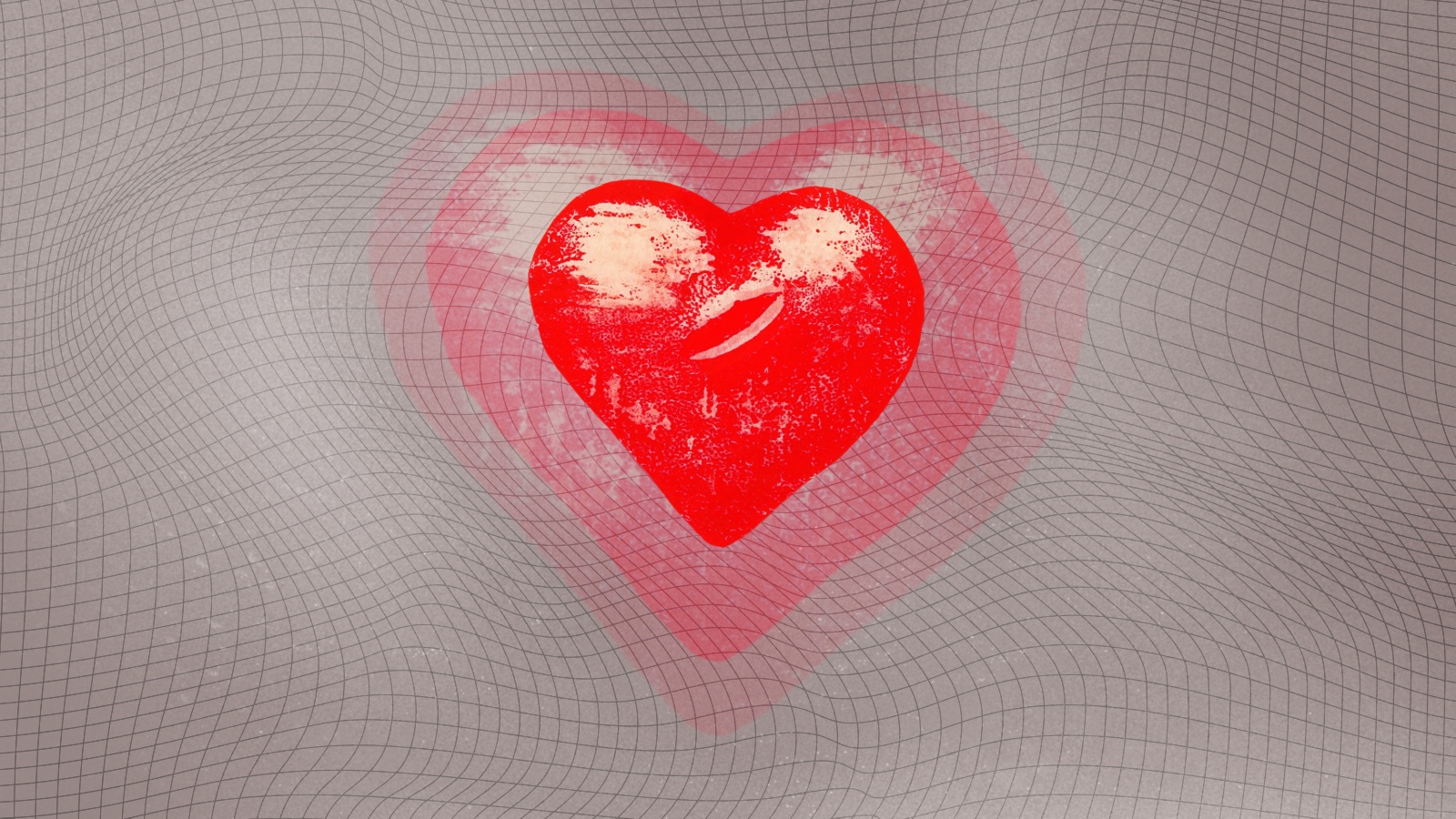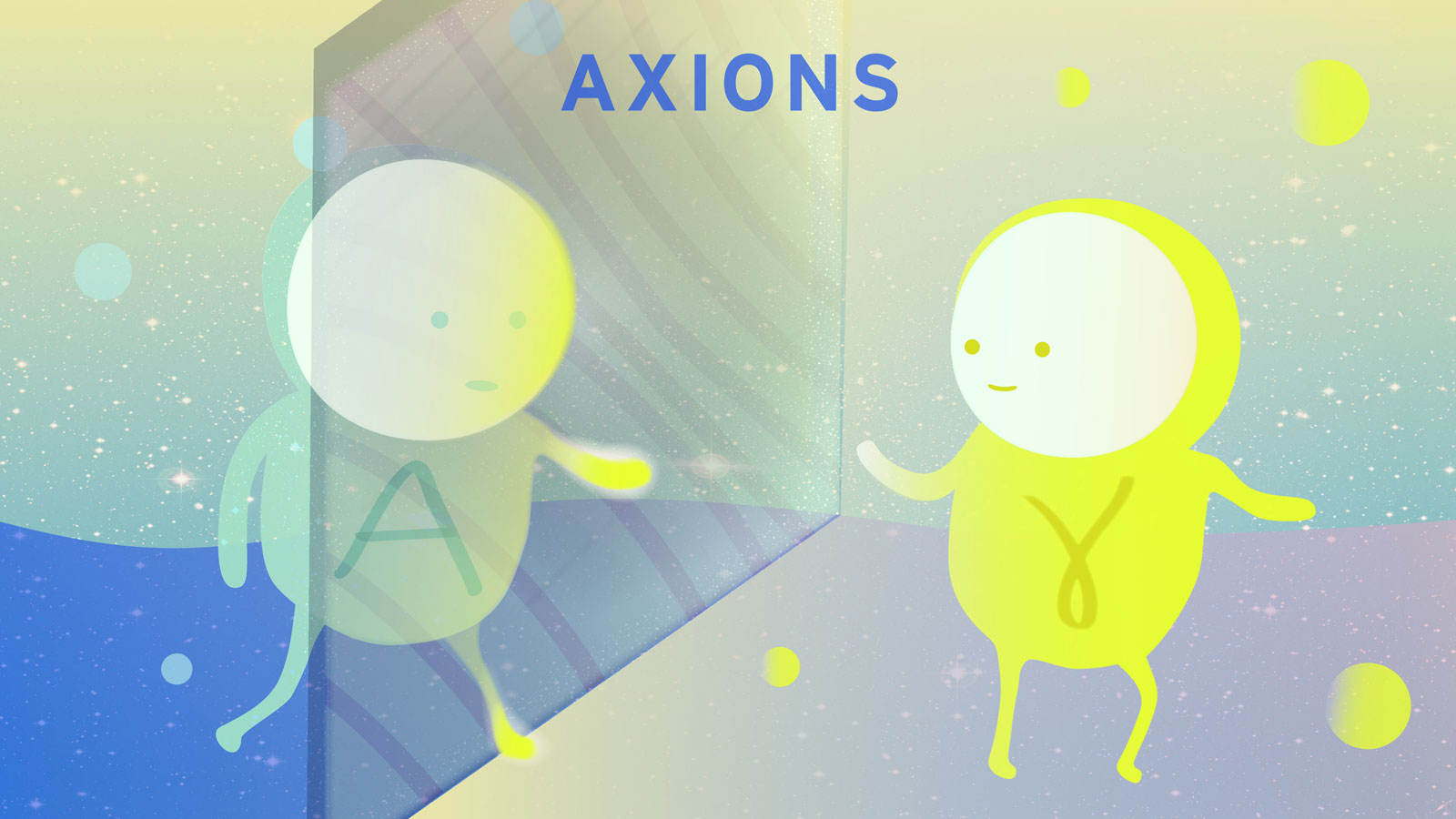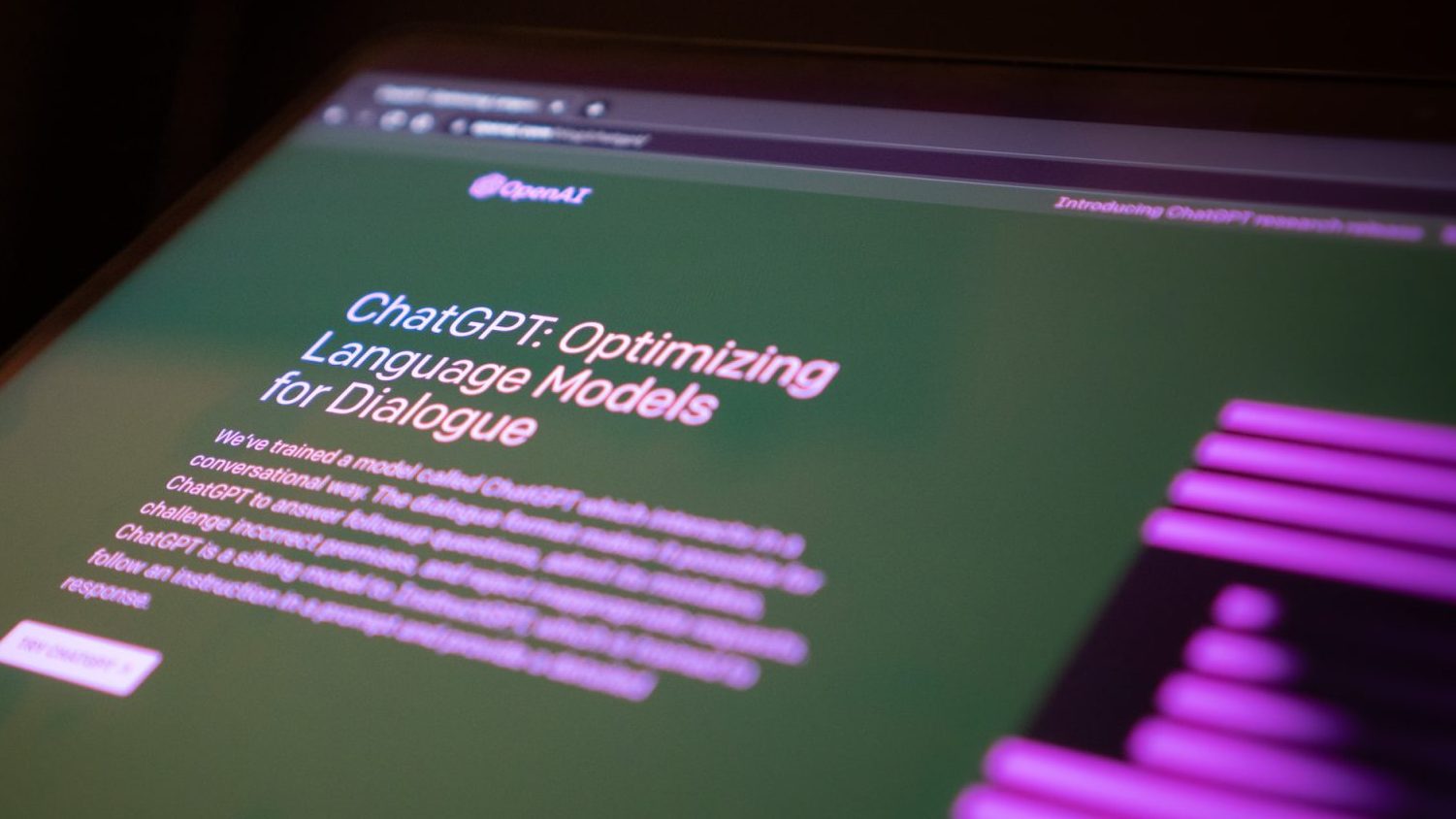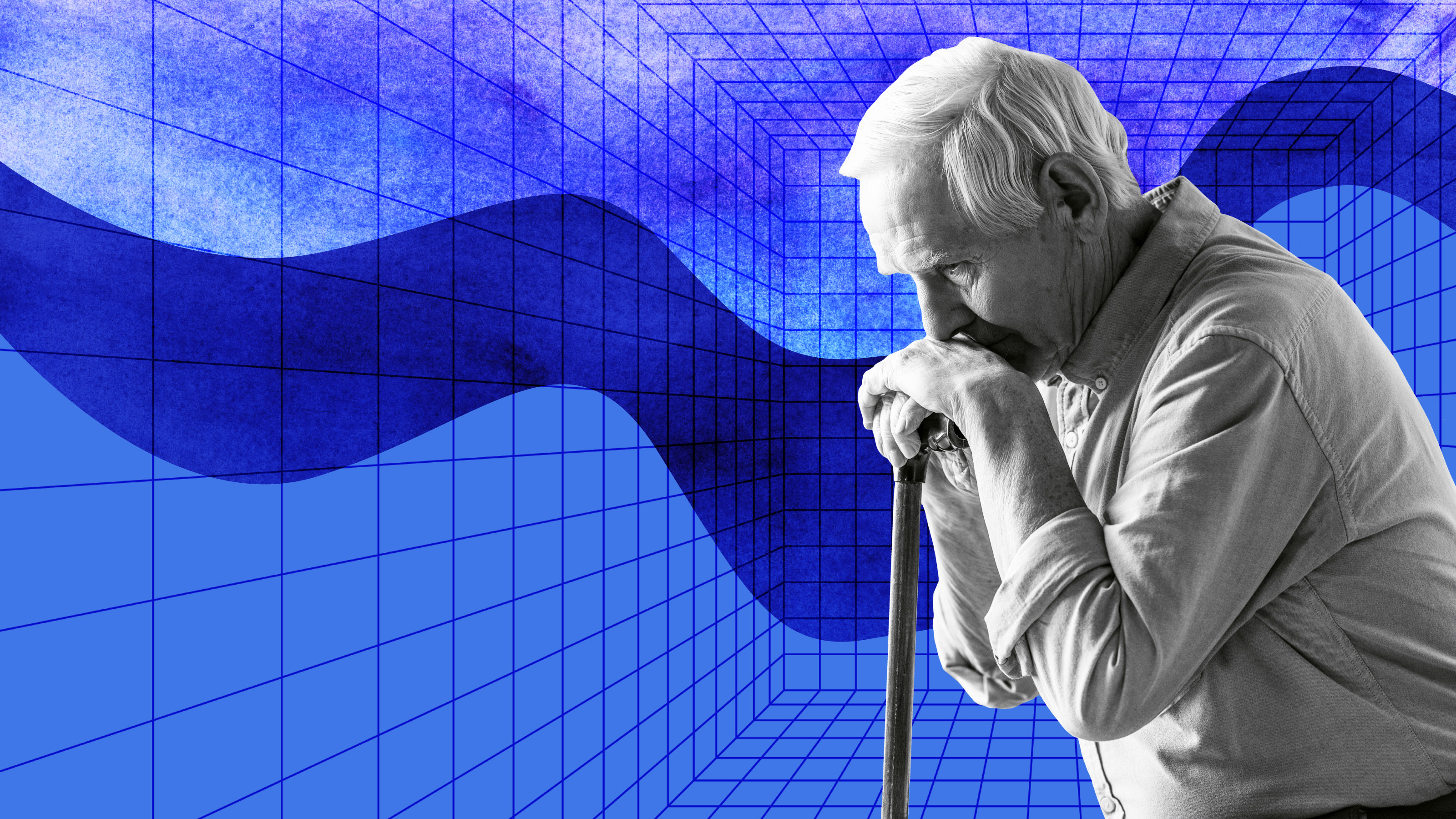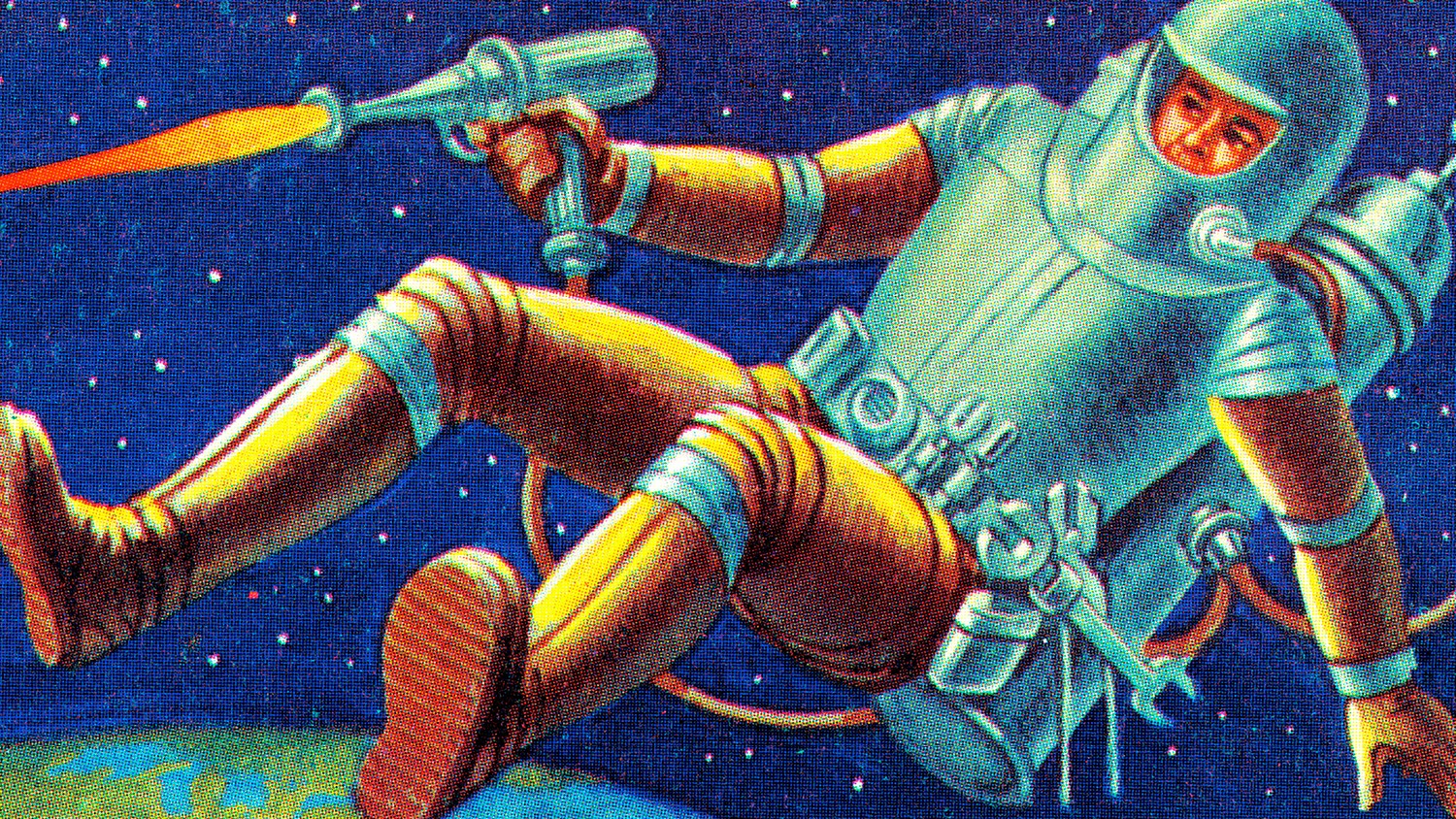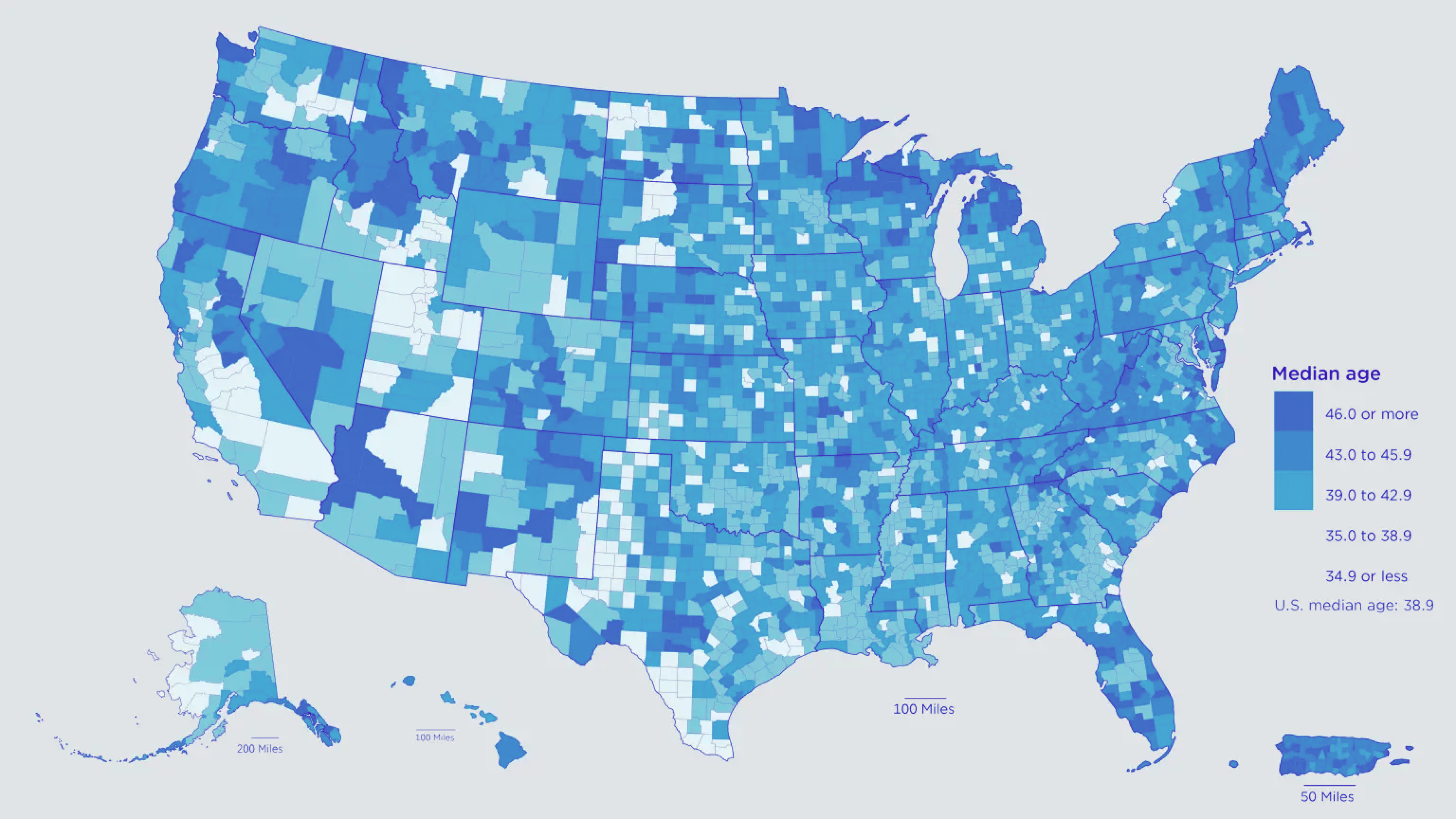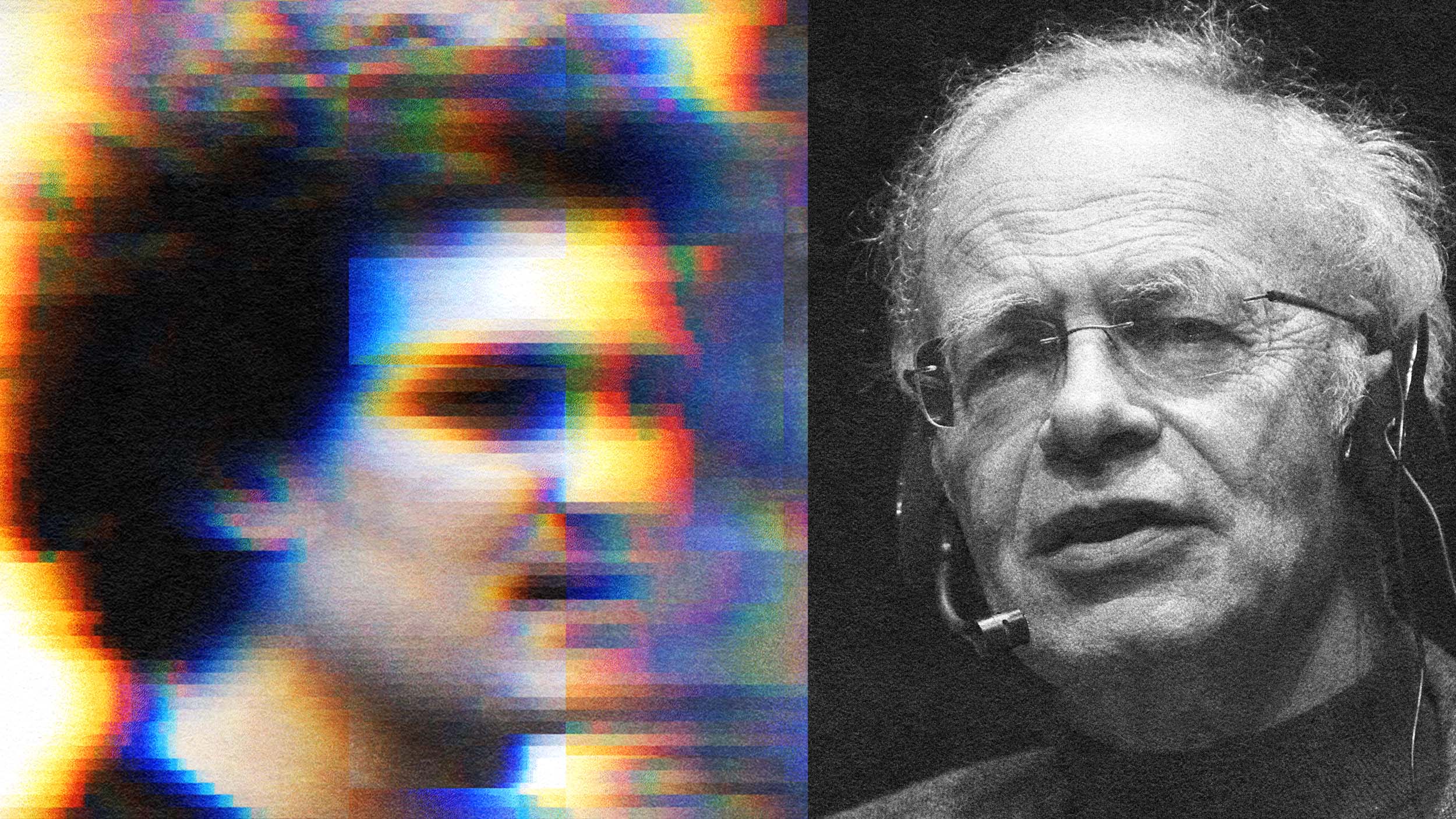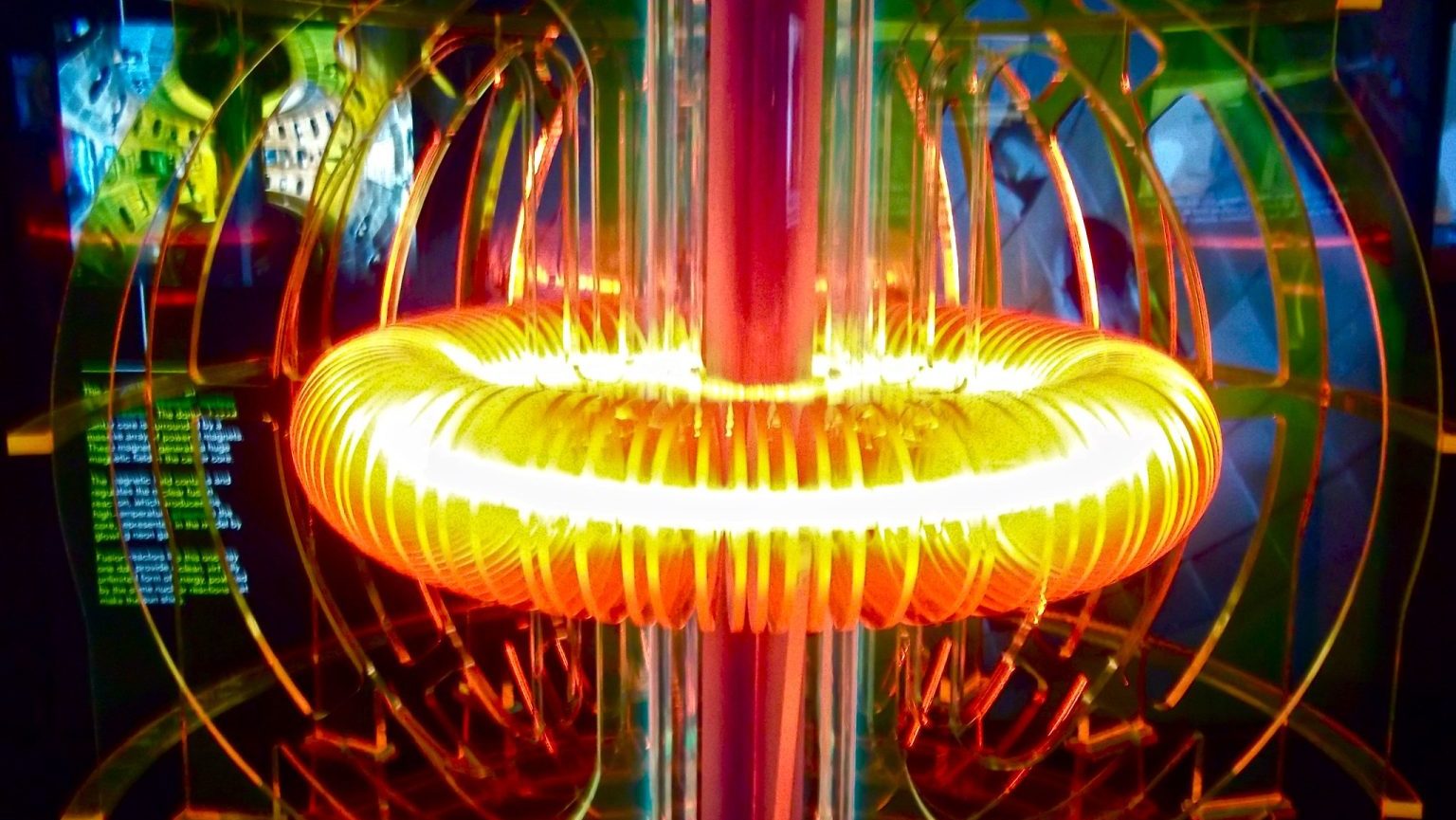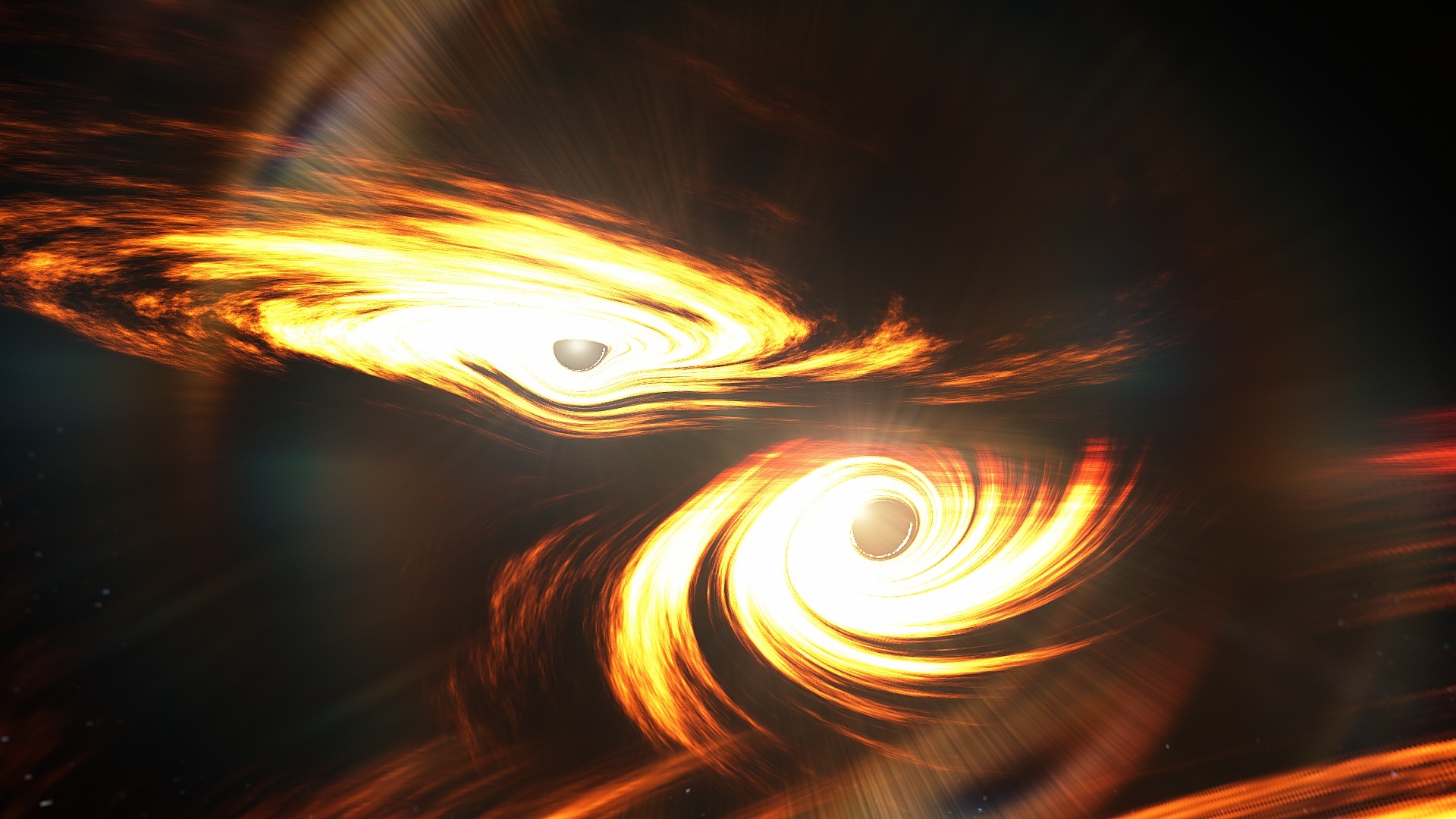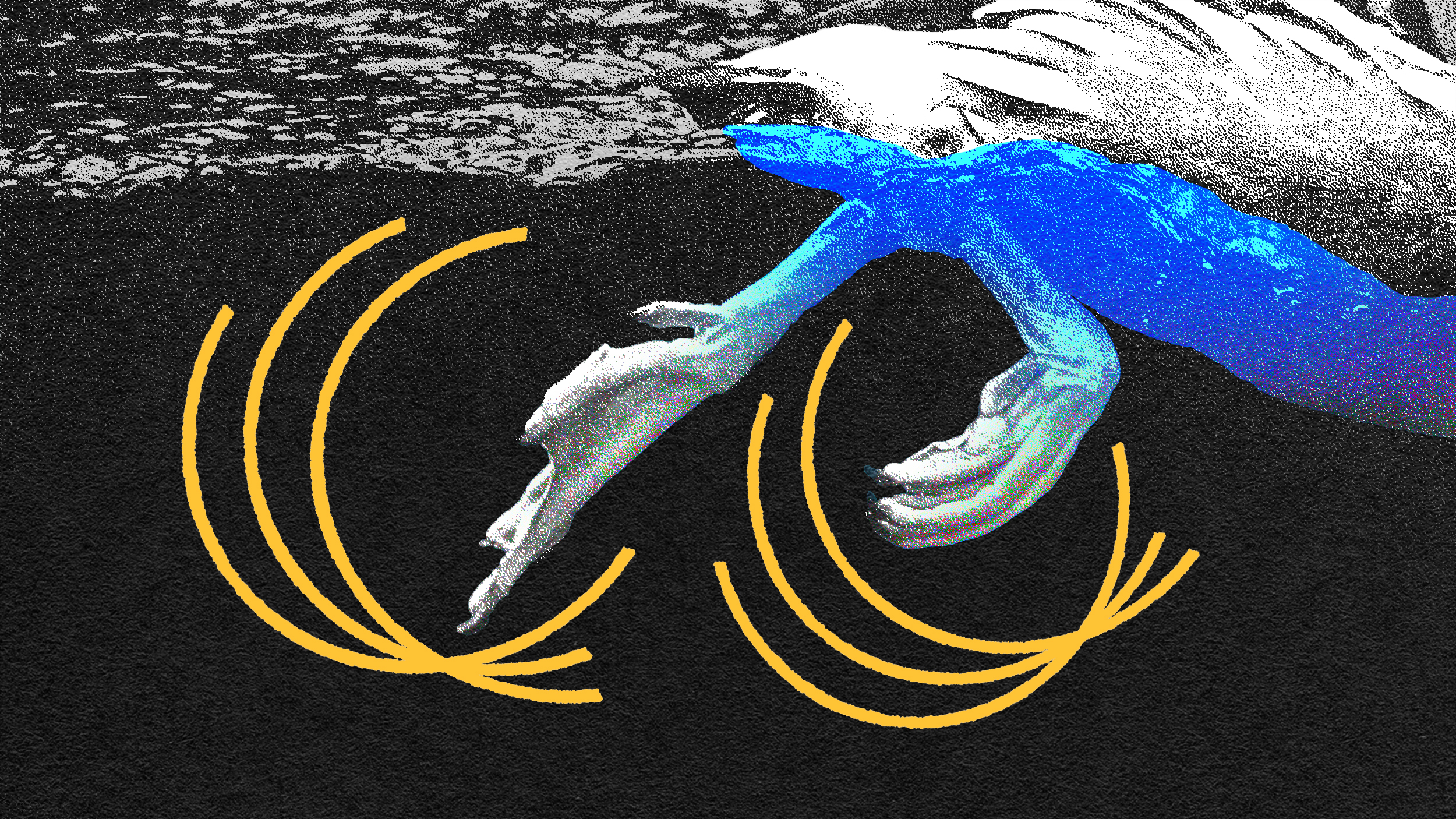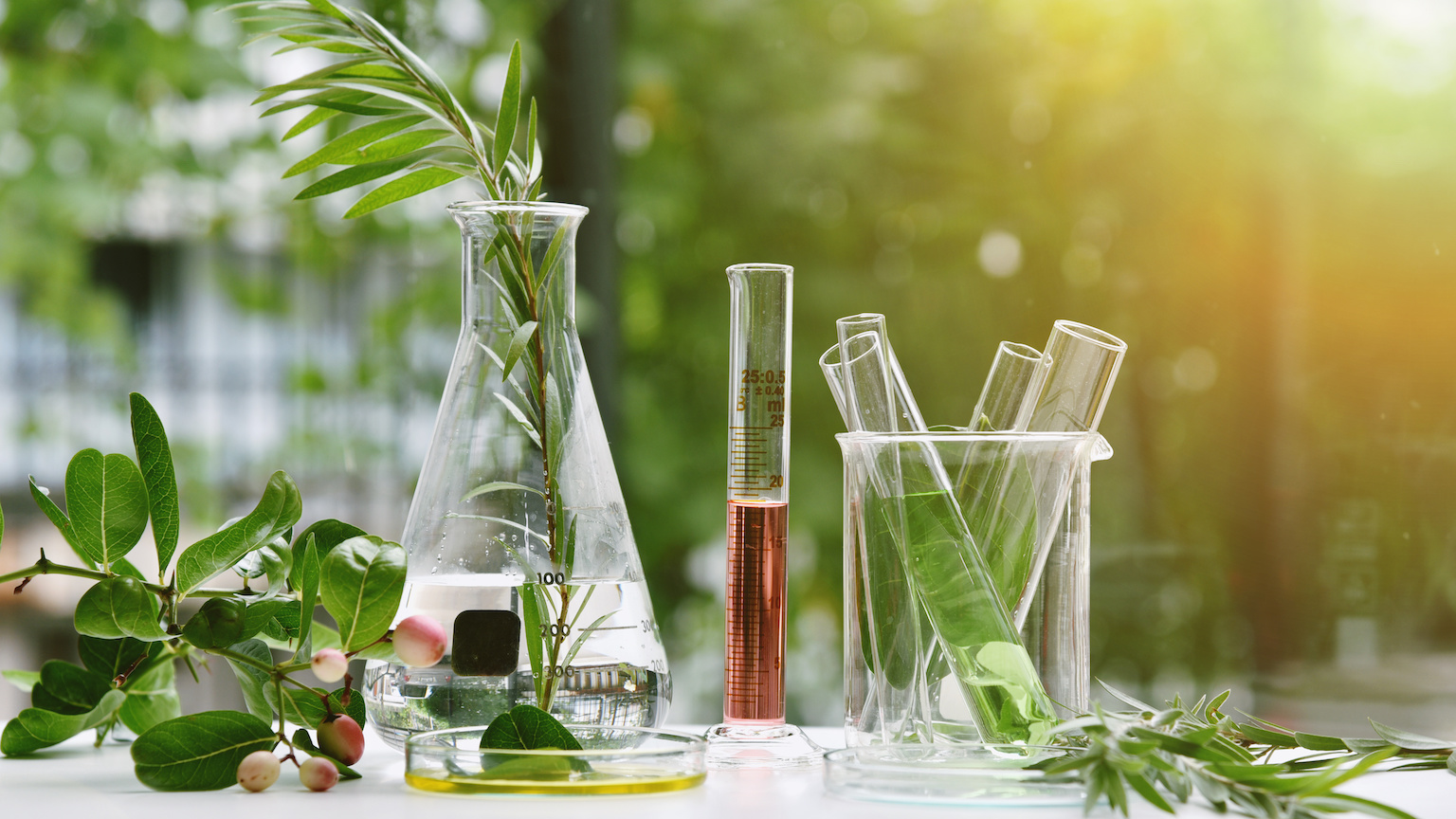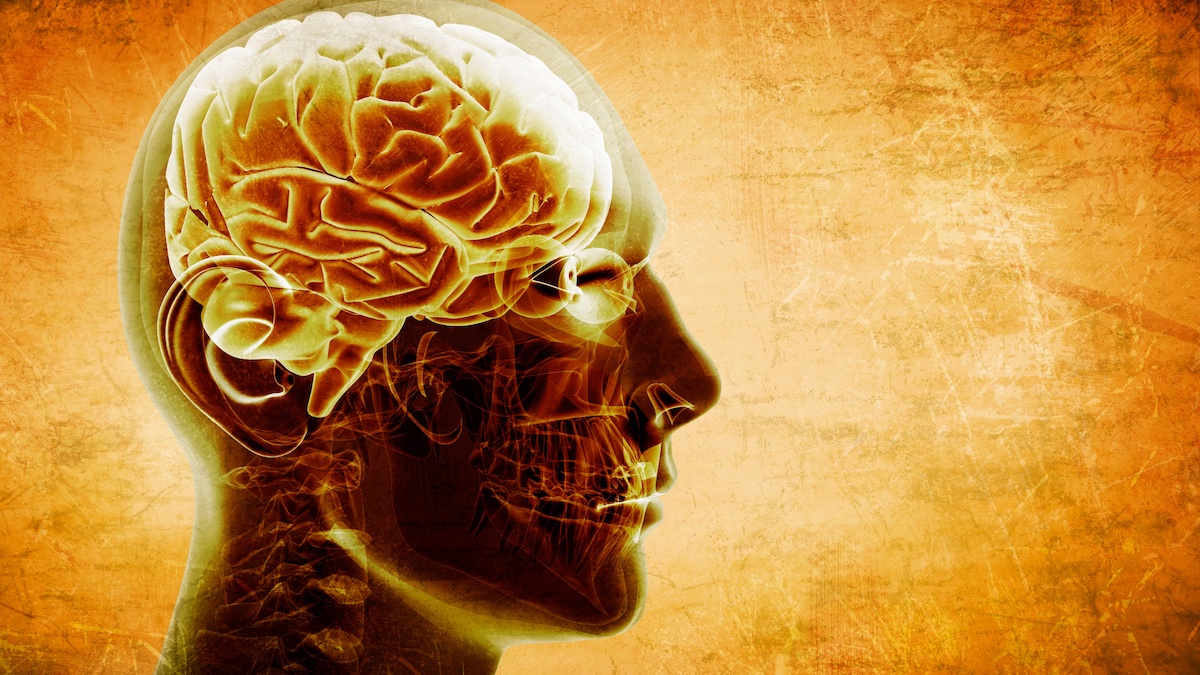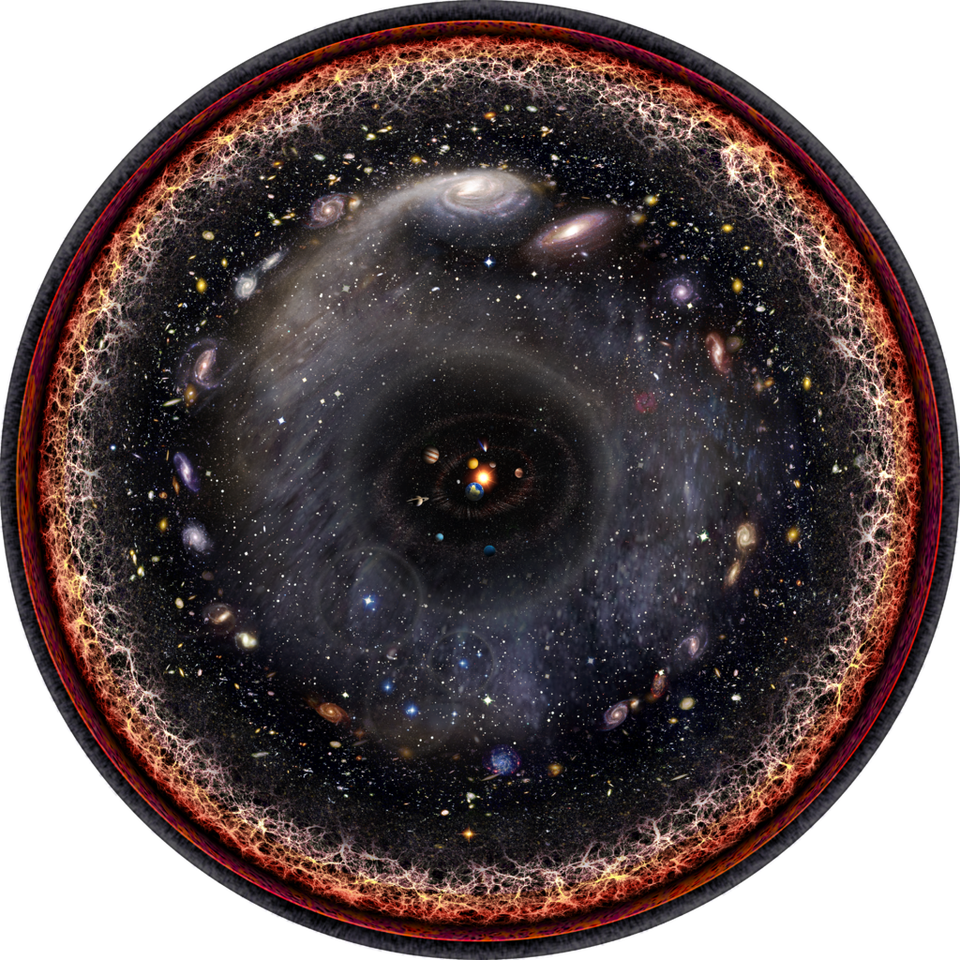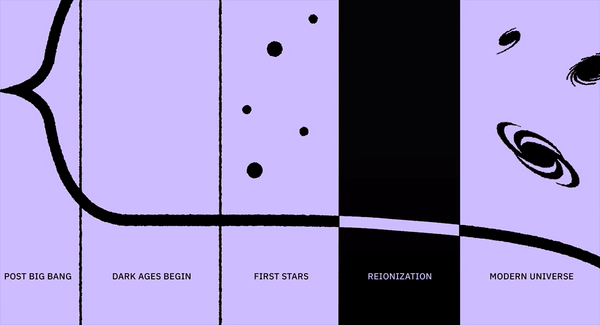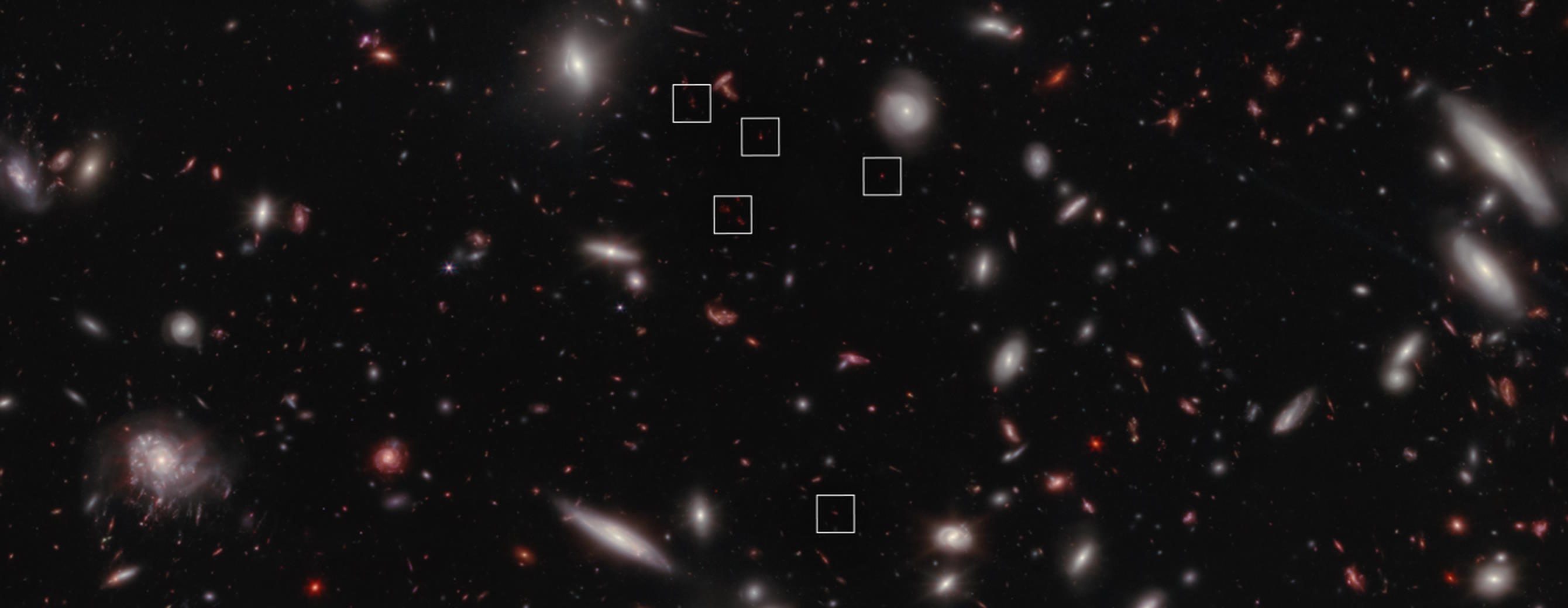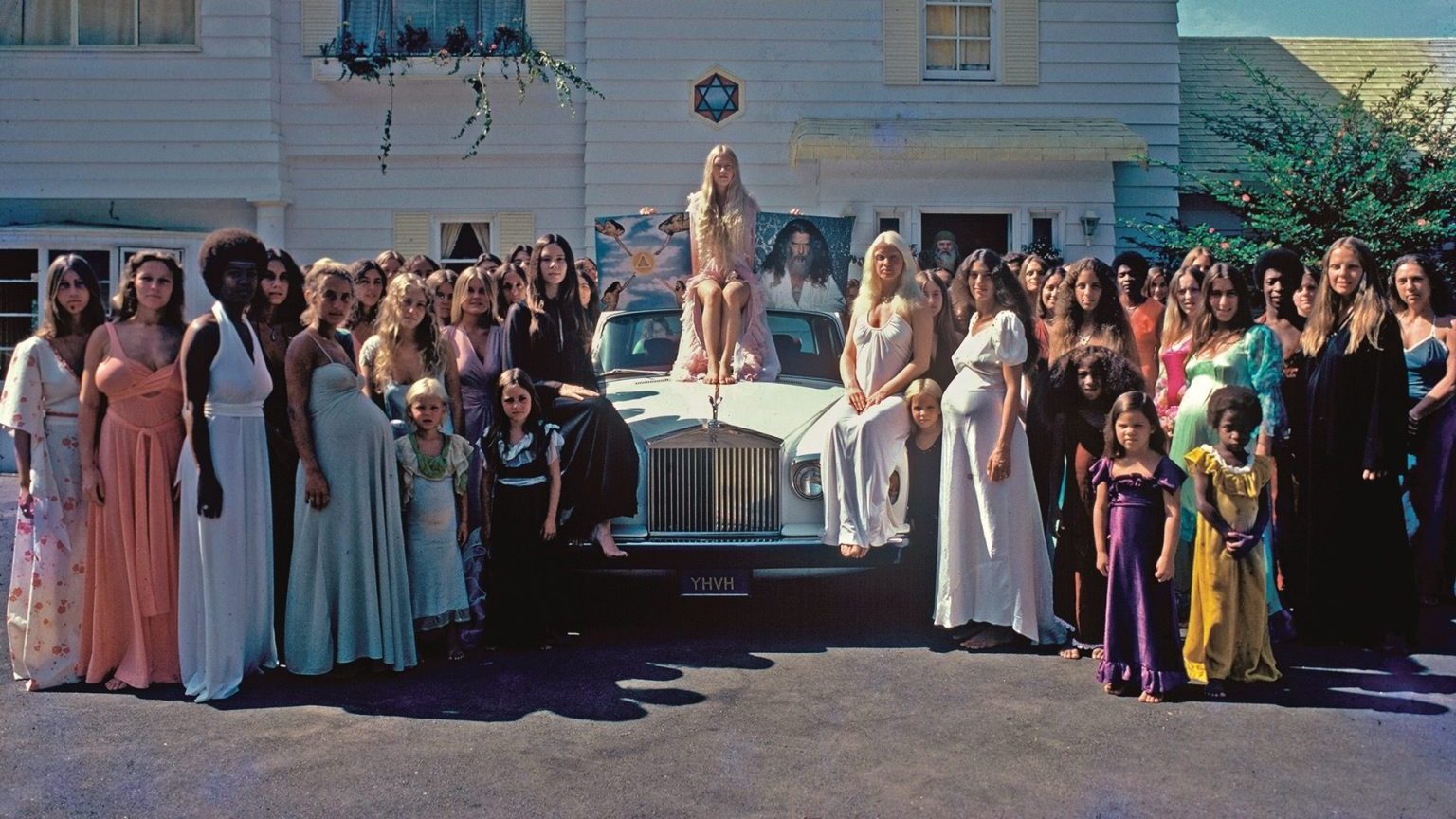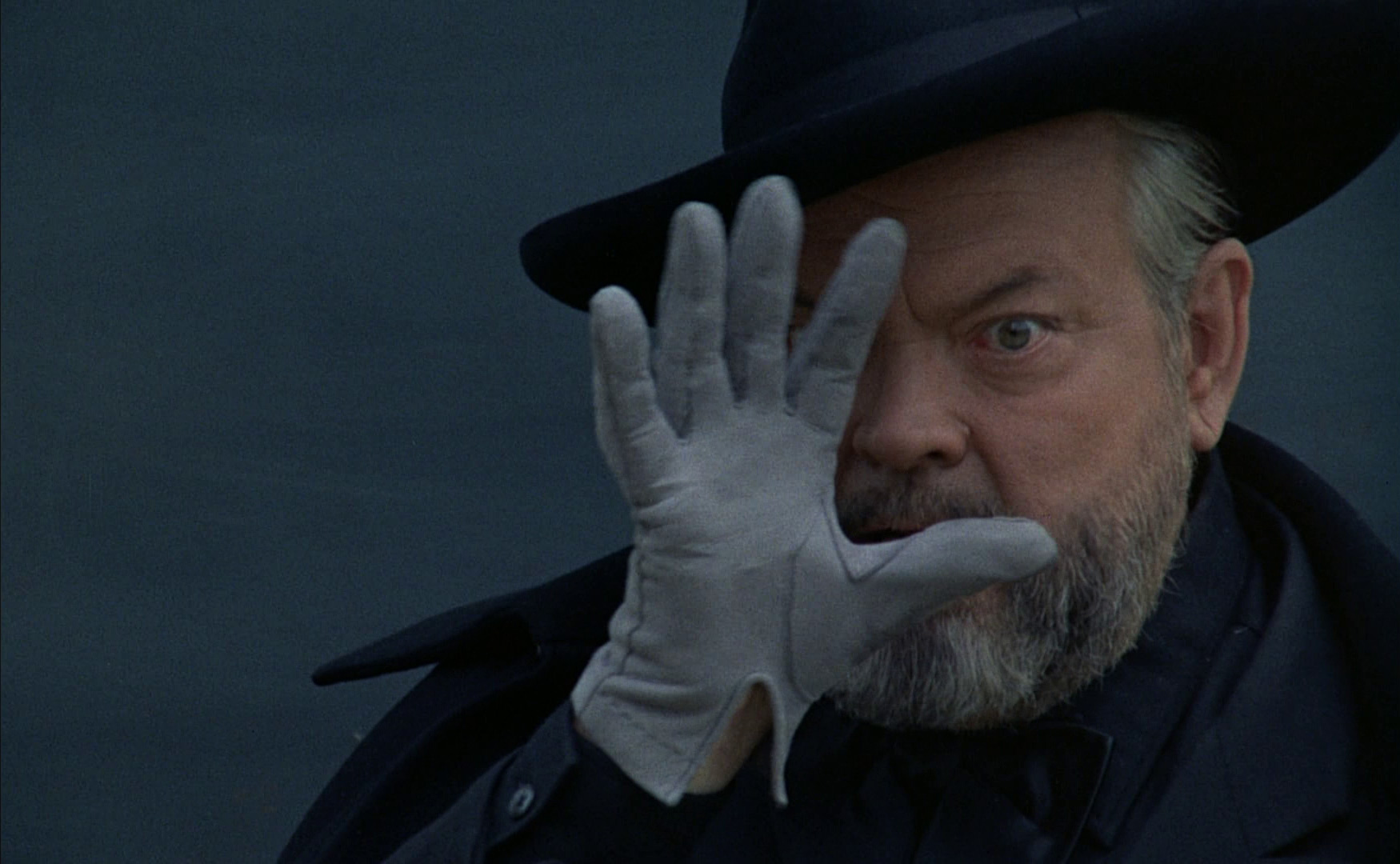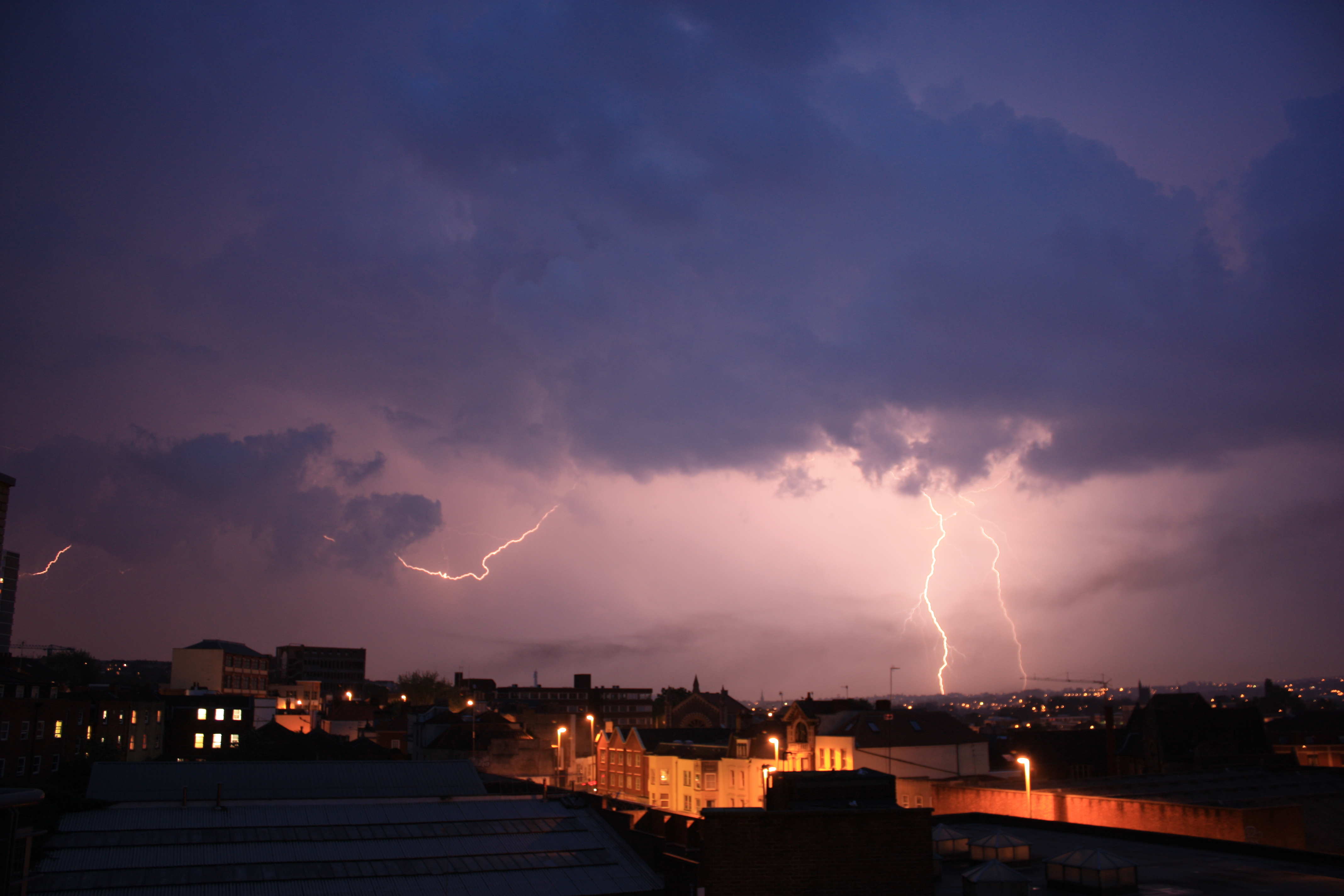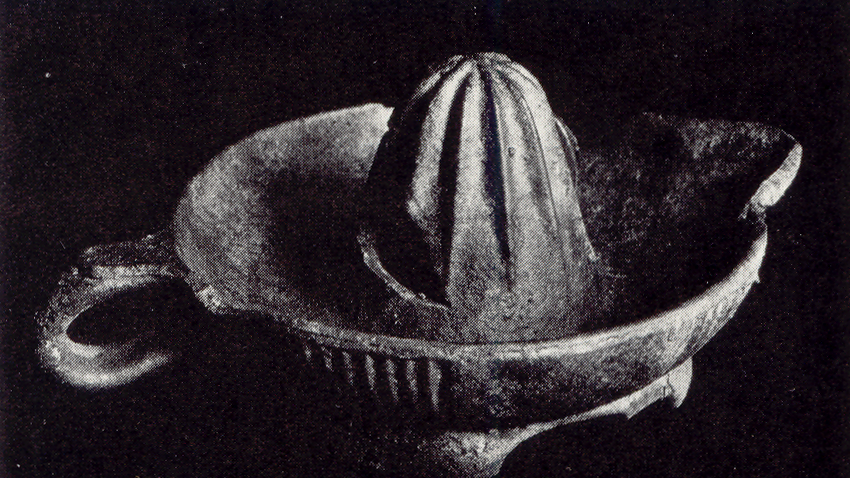Radical Emotional Acceptance calls on you to celebrate all of life’s emotions — even the negative ones.
Search Results
You searched for: p d
The majority of the matter in our Universe isn’t made of any of the particles in the Standard Model. Could the axion save the day?
Can ChatGPT help you power through writer’s block?
“It doesn’t erase what happened to you. It just changes the impact it has on your life.”
Memories aren’t mental recordings, but pliable information we can use to better manage the present and conjure future possibilities.
“Isn’t it enough to see that a garden is beautiful without having to believe that there are fairies at the bottom of it too?”
Almost everything we can observe and measure follows what’s known as a normal distribution, or a Bell curve. There’s a profound reason why.
From the present day all the way to less than 400 million years after the Big Bang, we’re seeing how the Universe grew up like never before.
Inside the “out there” quest for a drug that would help doctors save lives before it’s too late.
“The movement is much bigger than Sam Bankman-Fried, or any one person, no matter how wealthy,” philosopher Peter Singer told Big Think.
More than 90 percent of people make a mistake on this test.
Scientists have been chasing the dream of harnessing the reactions that power the Sun since the dawn of the atomic era. Interest, and investment, in the carbon-free energy source is heating up.
All matter particles can act as waves, and massless light waves show particle-like behavior. Can gravitational waves also be particle-like?
When we view hard work as a sign of low aptitude, it harms our ability to learn and grow.
Are quantum fields real, or are they simply calculational tools? These 3 experiments show that if energy is real, so are quantum fields.
∆G = ∆H – T∆S is one of the most abstract formulas in science, but it is also one of the most important. Without it, life cannot exist.
If argumentation led to nothing, it would soon be thrown into the evolutionary dustbin.
New blood types are regularly discovered by an unusual absence or an unusual presence — both of which can result in tragedy.
According to Harvard career advisor Gorick Ng, this time-saving system can help us reclaim our work-life sanity.
To thrive in a rapidly changing future, we will need adaptable and diverse skill sets. Here’s where to look.
Why does the DMT experience feel so familiar to some people — even those who are trying the psychedelic for the first time?
When we look out at the Universe, even with Hubble, we’re only seeing the closest, biggest, brightest galaxies. Here’s where the rest are.
For 550 million years, neutral atoms blocked the light made in stars from traveling freely through the Universe. Here’s how it then changed.
A recently identified stage of sleep common to narcoleptics is a fertile source of creativity.
Finding out how the Universe grew up was the biggest science goal of JWST. This ultra-early proto-galaxy cluster is one amazing discovery.
The Source Family, a radical 1970s utopian commune, still impacts what we eat today.
Successful forgers are remembered as great conmen, not artists. This is strange, considering their forgeries fooled even the most seasoned critics.
From up close, the cracking sound of a thunderclap dominates. From far away, it’s more like a drawn-out rumble. Can science explain why?
If you think of the Big Bang as an explosion, we can trace it back to a single point-of-origin. But what if it happened everywhere at once?
The artifacts were often made from found objects – an Ivory dish-soap bottle transformed into an earthenware figure.
